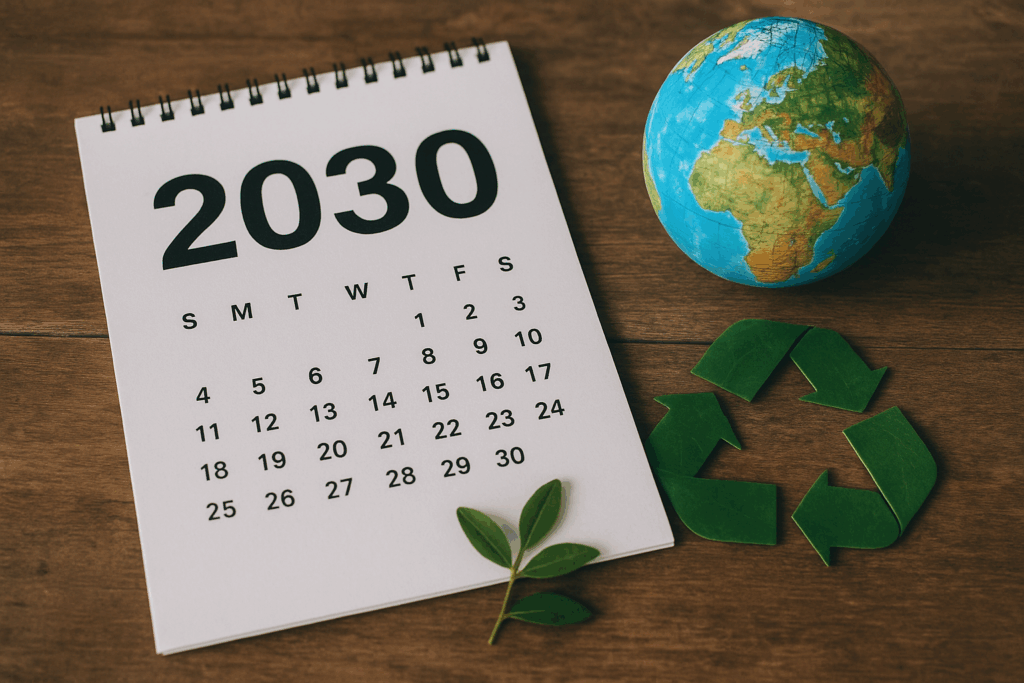
In 2015, nearly every country around the globe committed to the UN’s 2030 Agenda — a roadmap of 17 Sustainable Development Goals (SDGs) aimed at transforming the world by the end of this decade.
These goals include ending poverty, promoting gender equality, ensuring clean and affordable energy, driving sustainable economic growth, and encouraging responsible consumption and production.
With just five years to go, progress has been made — but the road ahead remains long.
Some of the key challenges still in the way includes: Social and economic inequality, increasingly frequent extreme weather events, misinformation and lack of public engagement and limited funding for sustainable infrastructure.
The Role of Business in Driving Change
Businesses are significantly impacted by global shifts — from regulatory changes to climate-related risks. The good news? They also have the power to influence and shape these transformations.
The 2030 Agenda offers a unique opportunity to align business models with the SDGs, creating economic, social, and environmental value.
From a business standpoint, the biggest hurdles are:
- Lack of clear metrics: Difficulty measuring and reporting impact transparently and objectively.
- Strategic misalignment: Sustainability is often isolated, when it should be embedded in core business strategy.
- Short-term pressure: Sustainable innovation takes time, and the demand for quick returns can stifle long-term progress.
Where there are challenges, there are also opportunities
Technological innovation, like solar and wind energy, or smart cities – continues to evolve. Circular economy models offer promising alternatives for both companies and governments, though they still depend on a strong educational foundation.
Speaking of which, environmental education is vital. Public awareness — especially among younger generations — plays a key role in pushing for concrete, lasting change.
The upside for businesses
By engaging with the 2030 Agenda, companies of all sizes can enhance their brand reputation and build consumer trust, as people increasingly value social and environmental responsibility.
They also become more resilient and innovative, better prepared to navigate risks and regulatory shifts, while attracting more investment, as ESG-aligned businesses are being prioritized by investors.
So, where to begin?
- Integrate SDGs into your business strategy. Turn global goals into internal performance indicators. For example: how diverse is your company today?
- Adopt circular economy models. Reduce waste while creating new revenue streams.
- Strengthen multi-sector partnerships. Collaborate with governments, NGOs, and academic institutions — we go further together.
And, you can always count on Skillocity’s team to explore how your business can become a true protagonist in building a more sustainable future.

